Imposter Syndrome Can Bring Growing PainsOne of my most memorable experiences feeling “Imposter Syndrome” was walking down the hallway of my new therapy office to greet my first client ever in private practice almost 22 years ago.
Feeling the anxiety of intense self-doubt can be paralyzing but it also can be the result of growing pains.
0 Comments
Toxic Positivity is a Psychological BypassWhen we deny anything considered “negative” in our lives and turn everything into a positive, we limit our natural experiences in life and we become less authentic.
Toxic positivity is fake positivity that becomes a psychological bypass over anything uncomfortable. Asking for What We NeedMuch of what we actually need is someone to sit with us in our pain and distress.
Too often we jump to problem solving mode and do a psychological bypass over getting to know what ails us. Healing Comes With Progress & Set BacksHealing is often a slow and steady process with plenty of setbacks.
That’s perfectly okay. Being Vulnerable is CourageousIt makes us stronger to acknowledge our pain and more likely that we can heal when we do so.
How We Use Our Time MattersWe don’t automatically heal or gain wisdom with the passing of time.
It’s how we use our lived experiences that gives us that. Having conflict and resolving it well helps build intimacy in relationships.
But there are ways that conflict can be destructive too. Self-Criticism Often Leads to Repeat BehaviorsWe believe that if we punish ourselves for past behaviors, that we’ll be less likely to repeat them.
Unfortunately, the opposite is true. Awareness is Key to Self-EmpowermentHaving a self-absorbed perfectionist for a boss can be a huge headache and even detrimental to our health and well-being in larger ways.
Interacting with them can erode our confidence and sense of reality as we’re constantly mistreated and even blamed for their own failures. Poor Behaviors Aren't NecessaryJust because we feel strongly about something doesn’t mean we have the right to treat others poorly.
This isn’t about perfection or being robotic, it’s about learning and taking responsibility for our lives Replacing Self-Judgment with Self-CompassionOur “Inner Child” represents that part of ourselves that is playful, creative and yet has also been hurt.
Instead of kicking ourselves when we’re down, we can learn to console ourselves with encouragement and love. Benefits of Mindful EndingsBeing able to gracefully end relationships helps us develop and maintain the skills for satisfying relationships.
Have Reasonable ExpectationsToo often we’re told to “Rise Above” or “Be the Bigger Person” in situations where we’re being poorly treated.
This can too easily be misinterpreted that we shouldn’t advocate for ourselves, ask for more or set appropriate boundaries Finding Balance with Our Feelings“Feeling our feelings” can be taken to an extreme where we’re doing it 24/7.
This is about striking the right balance between overindulging & ruminating on one side and denying or ignoring on the other. Taking Action Can Bring InsightHaving insight is certainly helpful but it’s not necessary for change.
Knowing ourselves is a life-long journey where we learn how to navigate life well. True Apologies are Necessary for Us AllApologies are essential in all human relationships.
After all, we are human and mess up at times. That’s how we learn, heal and grow. Self-Reflection Doesn't Always Include ChangingWe cannot please everyone.
Sometimes our actions, words or beliefs make other people feel uncomfortable. Thoughts are Just ThoughtsYou are NOT what you think!
Actually, all of us have 1000’s of thoughts per day, some of them that repeat. Essential Ingredients to DatingDating can be extremely frustrating!
It can feel like too many things need to align for a relationship to even begin, let alone blossom. Benefits of Sensitivity & TendernessBeing sensitive and tender is pathologized in cultures that deem anything considered “feminine” to be less than.
It’s a self-empowering act to rebel against these messages and radically accept ourselves. Kindness is a Powerful Tool for ChangeBeing kind is too often mistaken for being nice, passive or a pushover.
Instead, kindness is a powerful tool for change. Venting versus DumpingProcessing our feelings with trustworthy people can be incredibly helpful.
However, there’s a difference between venting in healthy ways and emotionally dumping. Words of Affirmation MatterAt the end of the day we all want to be seen and valued for who we REALLY are.
It can be a rare gift to give/receive words of affirmation not just for our appearance or role in life but for our character and how we show up in the world. We Can Have Internal Resolution without ForgivenessWhile forgiveness is useful for minor offenses in ongoing relationships it isn’t a requirement for healing larger-scale abuses.
We too often are too quick to forgive as a way of trying to avoid the pain of what it actually takes to do so. Get Curious Where Feelings Come FromJust because we’re feeling something — like anger, sadness, or hurt — doesn’t mean that it justifies or excuses our behaviors.
If we’re too quick to react when we’re activated we can make more mistakes. |
Categories
All
Archives
March 2022
�
|
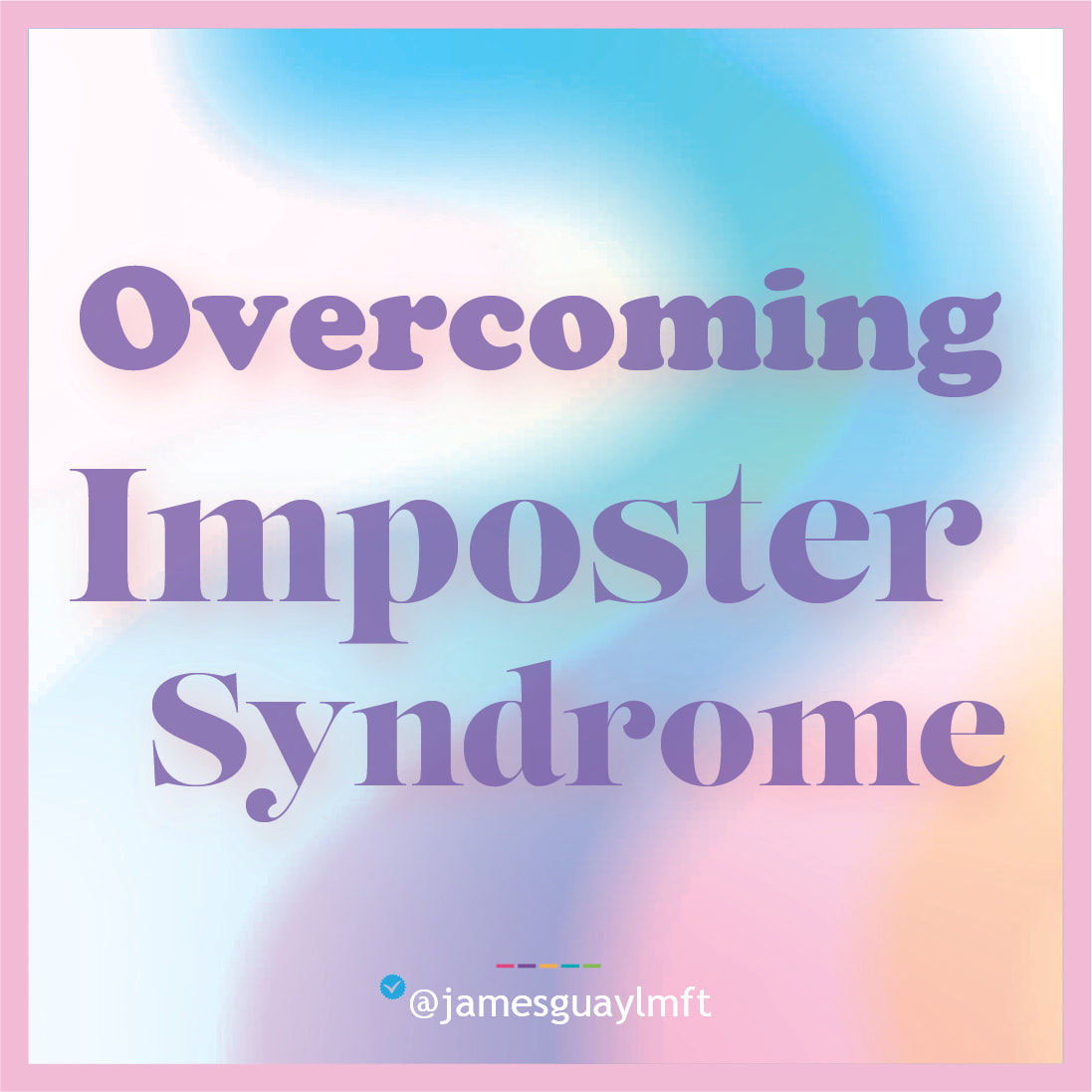
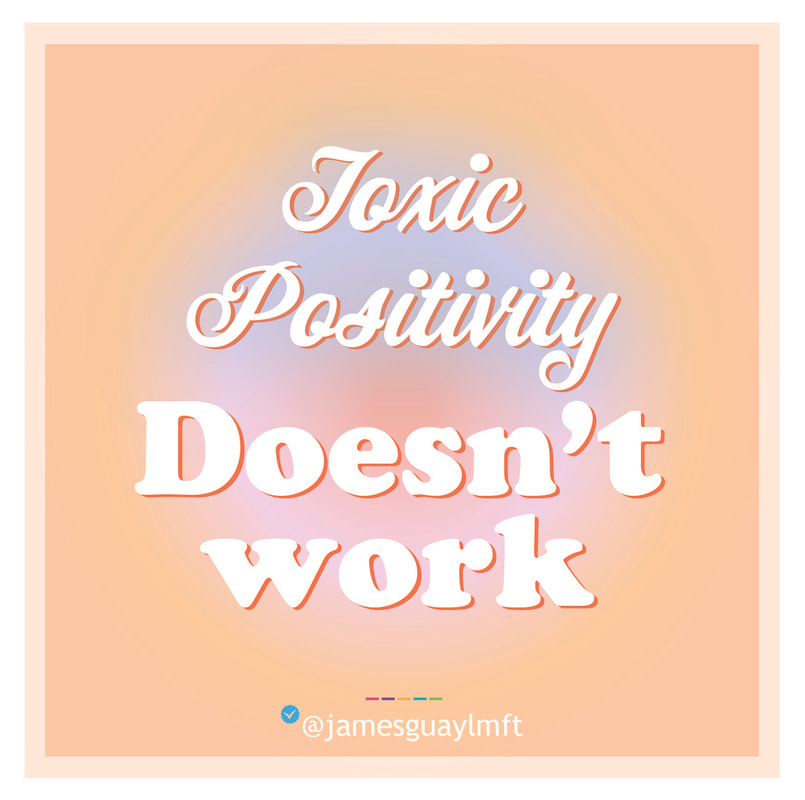
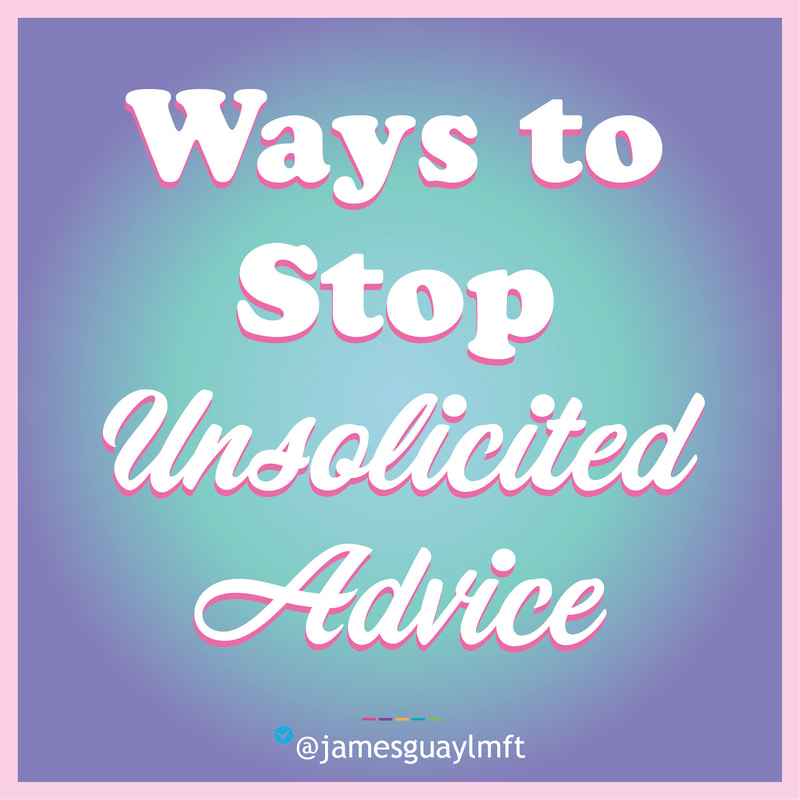
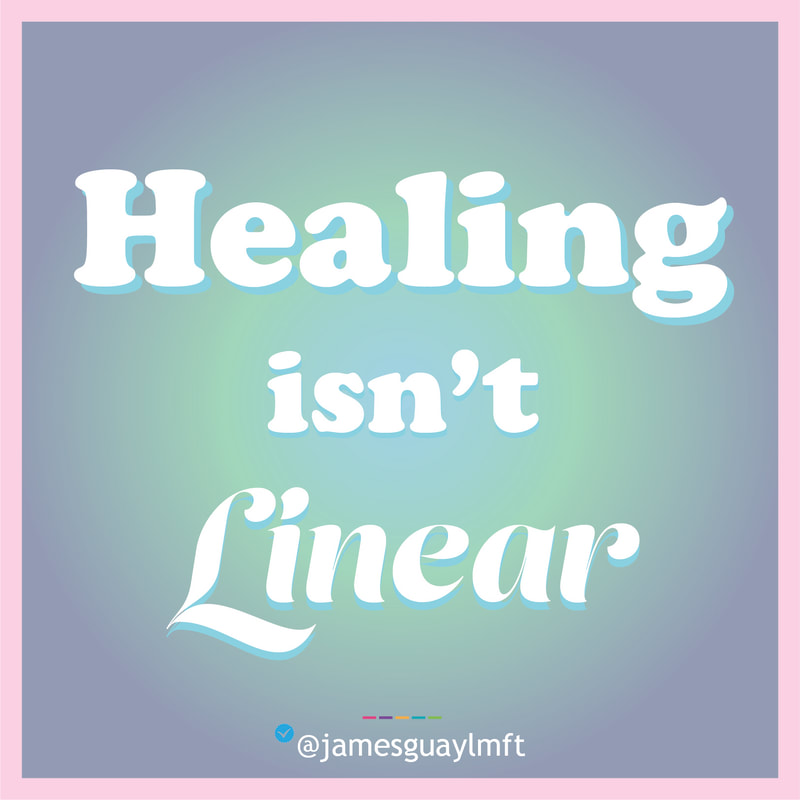
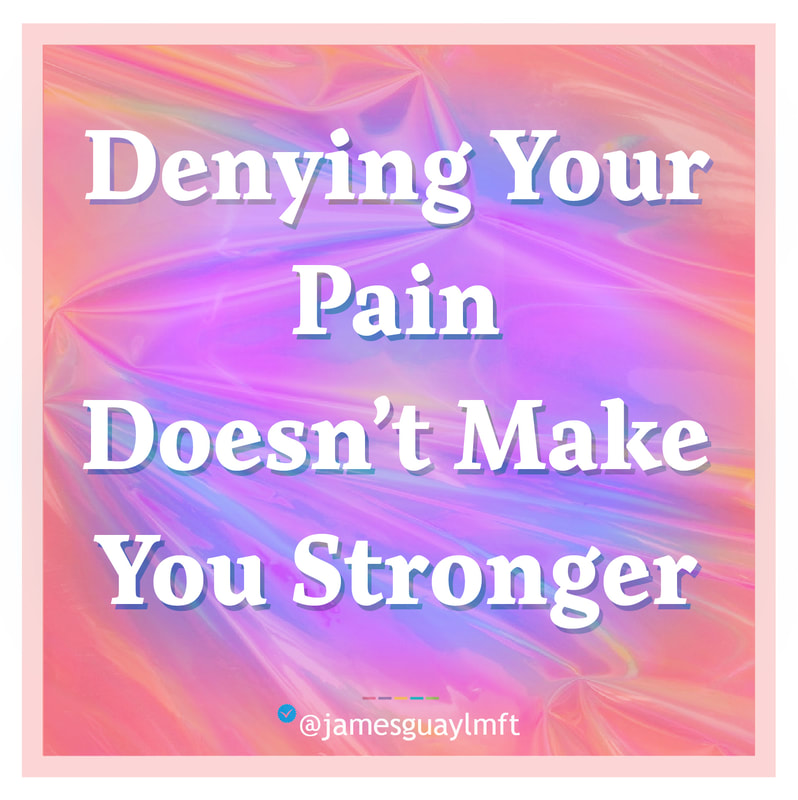
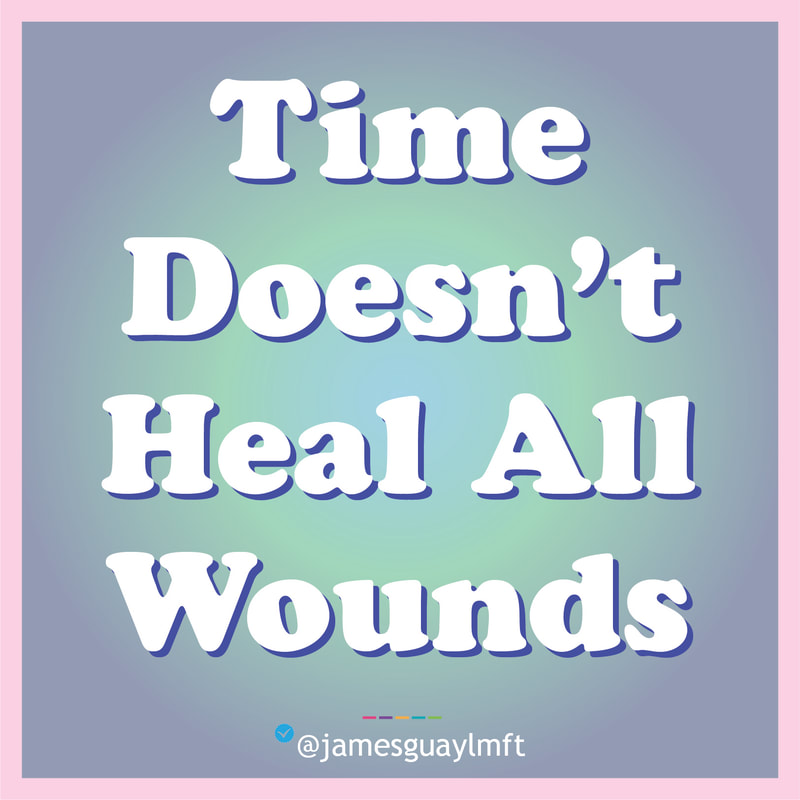

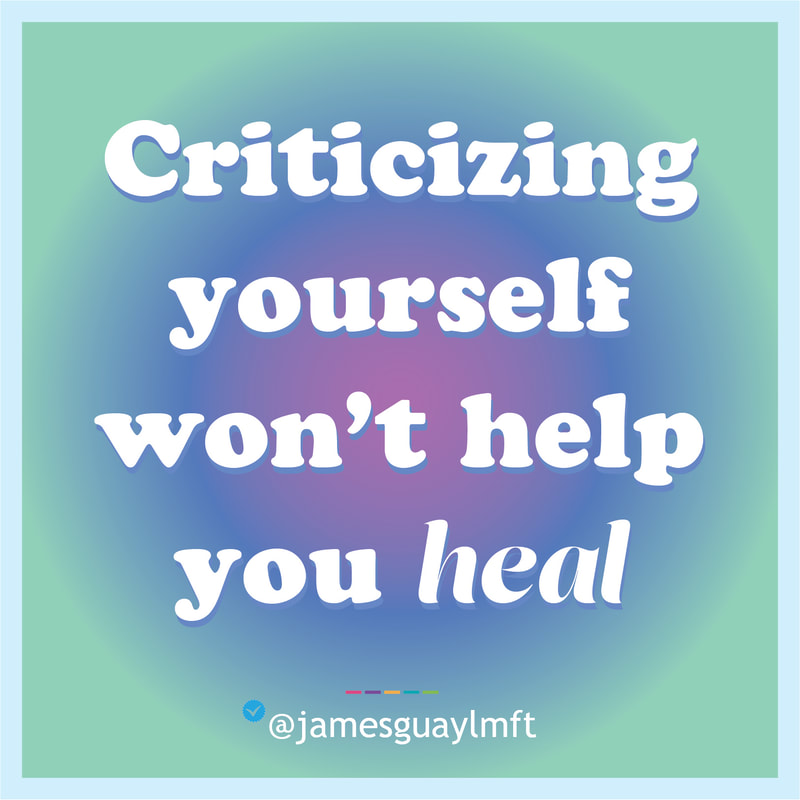
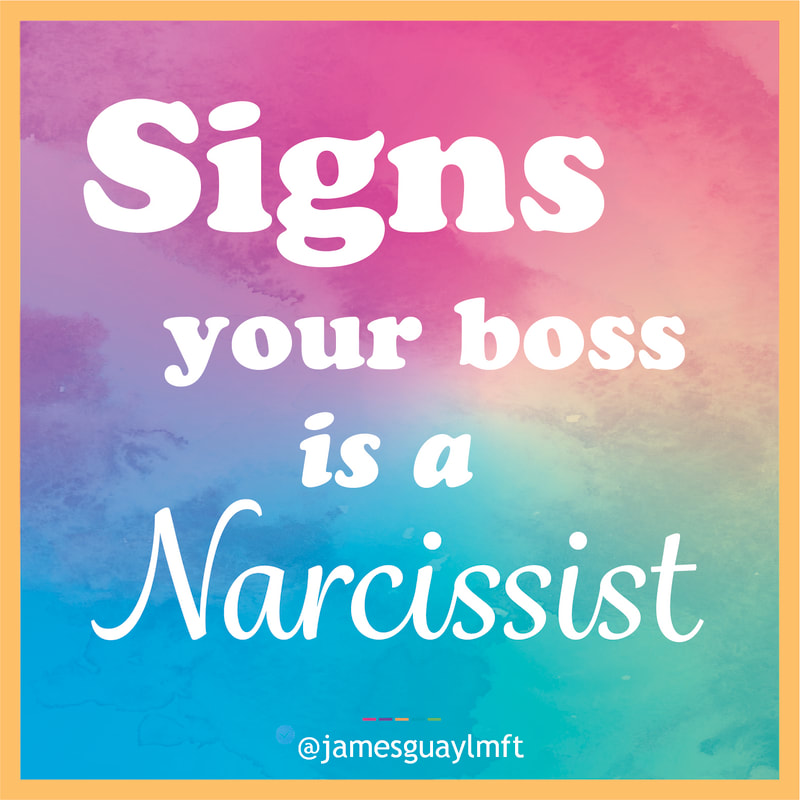
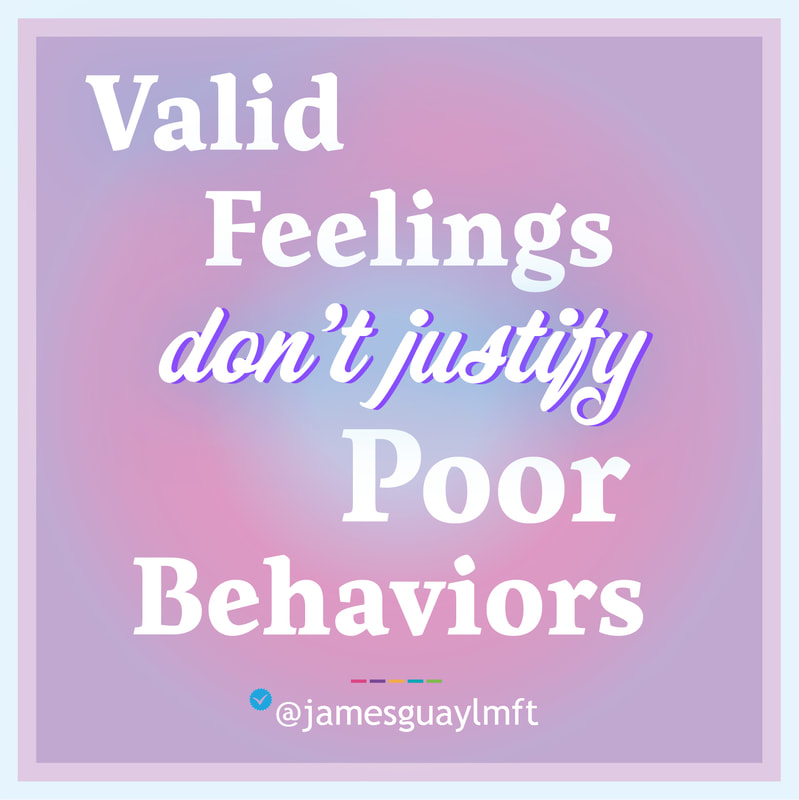
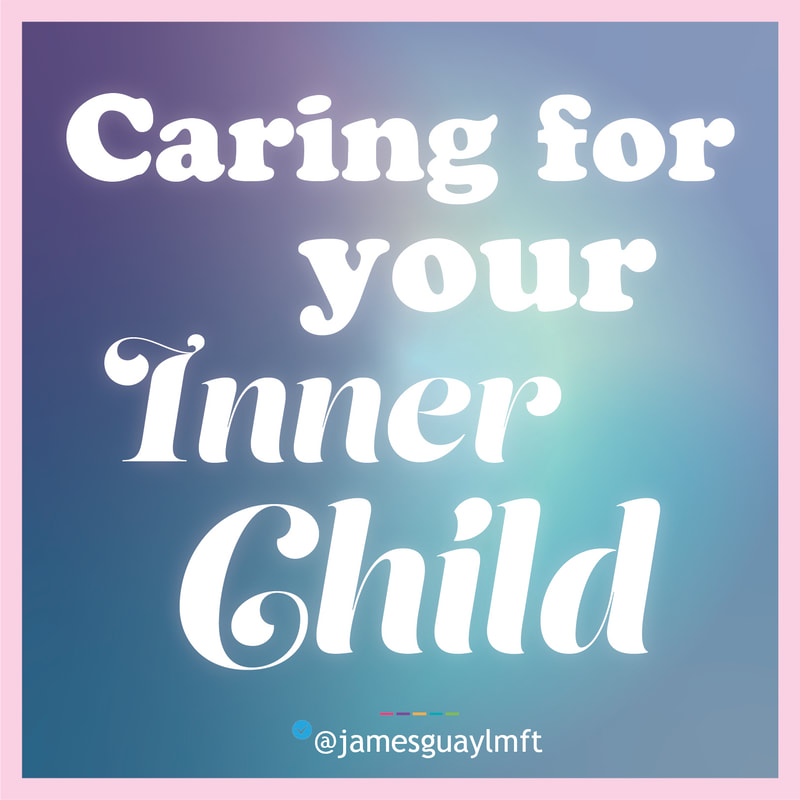
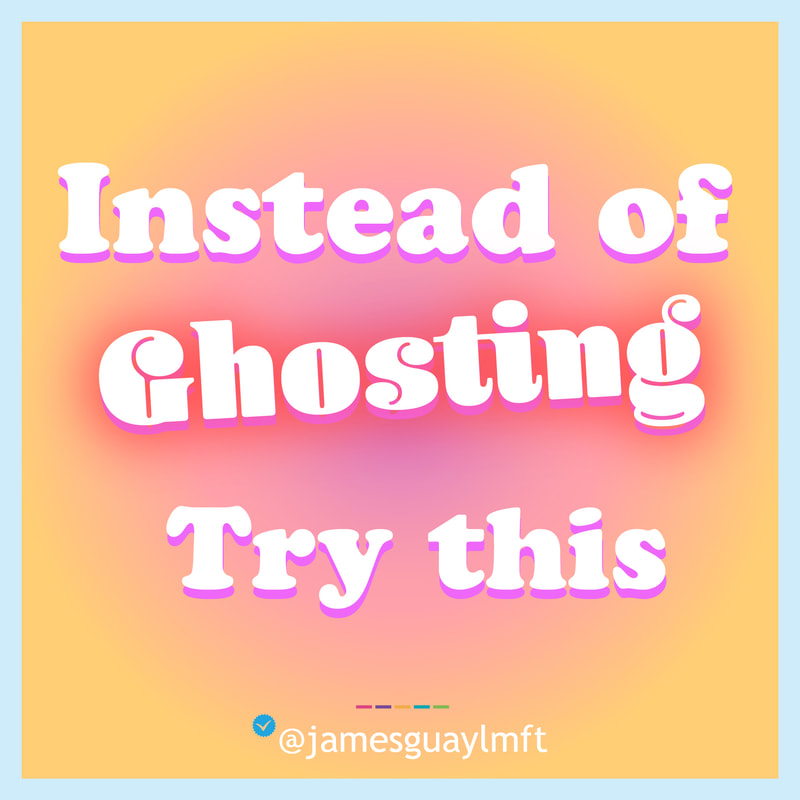
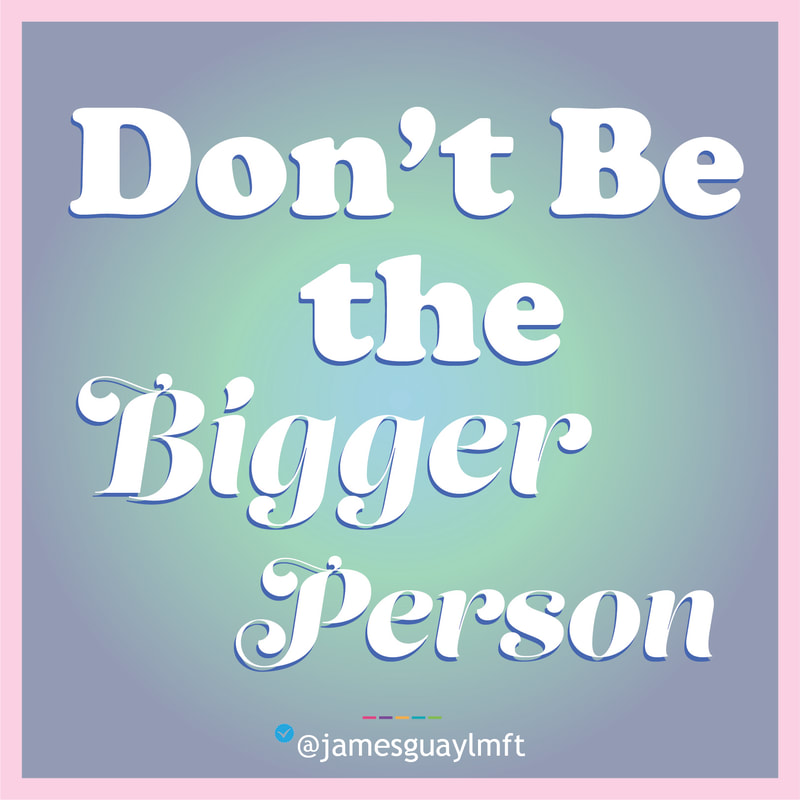
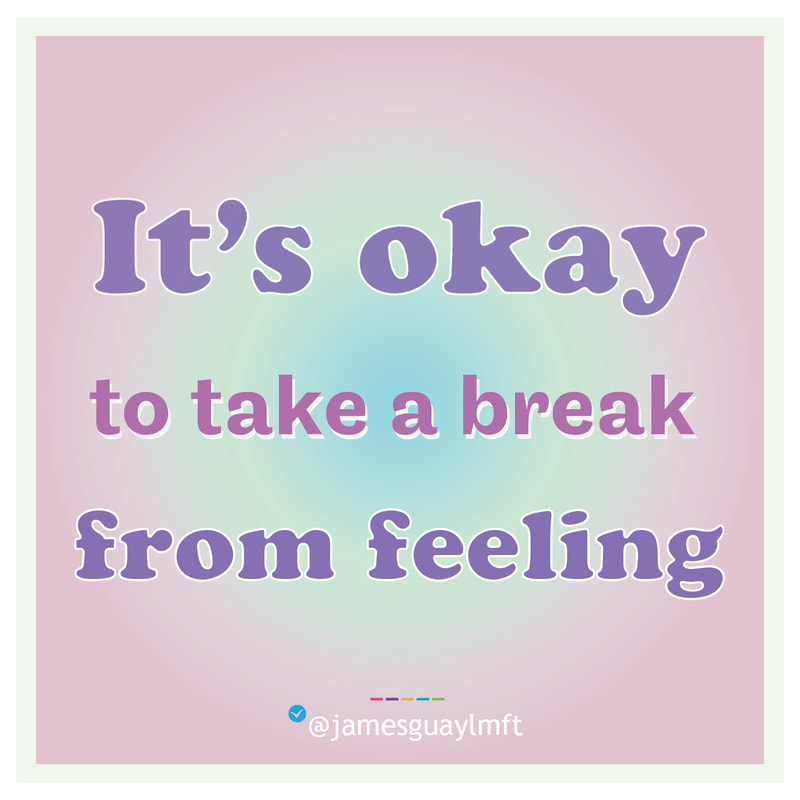
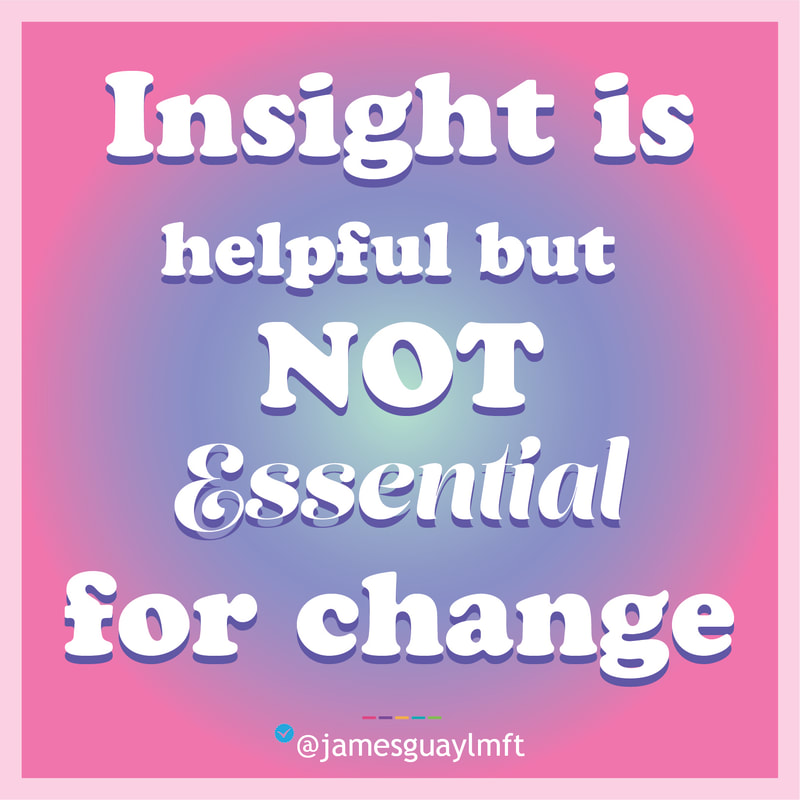
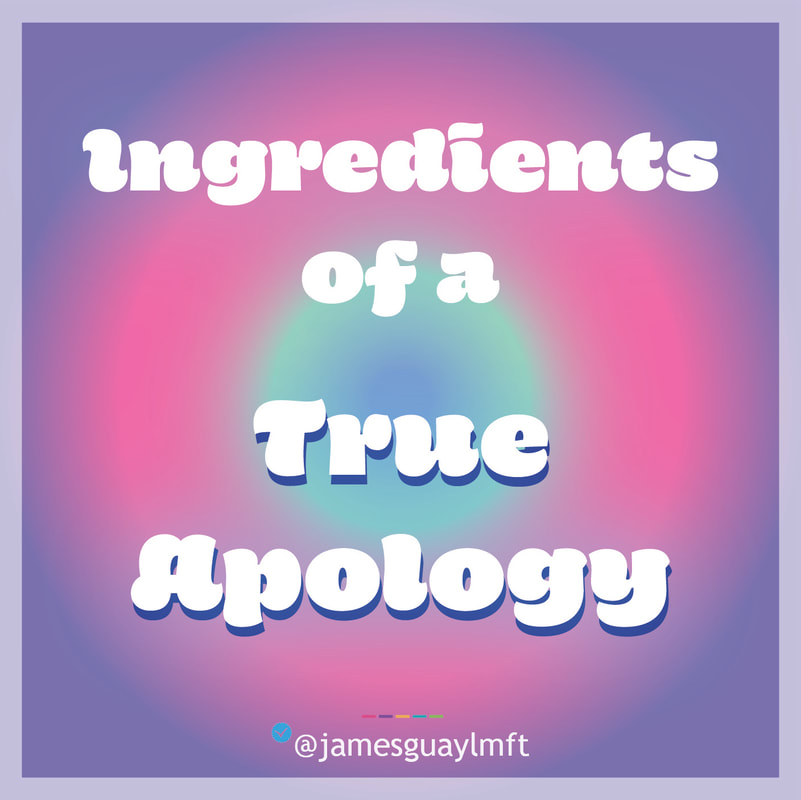
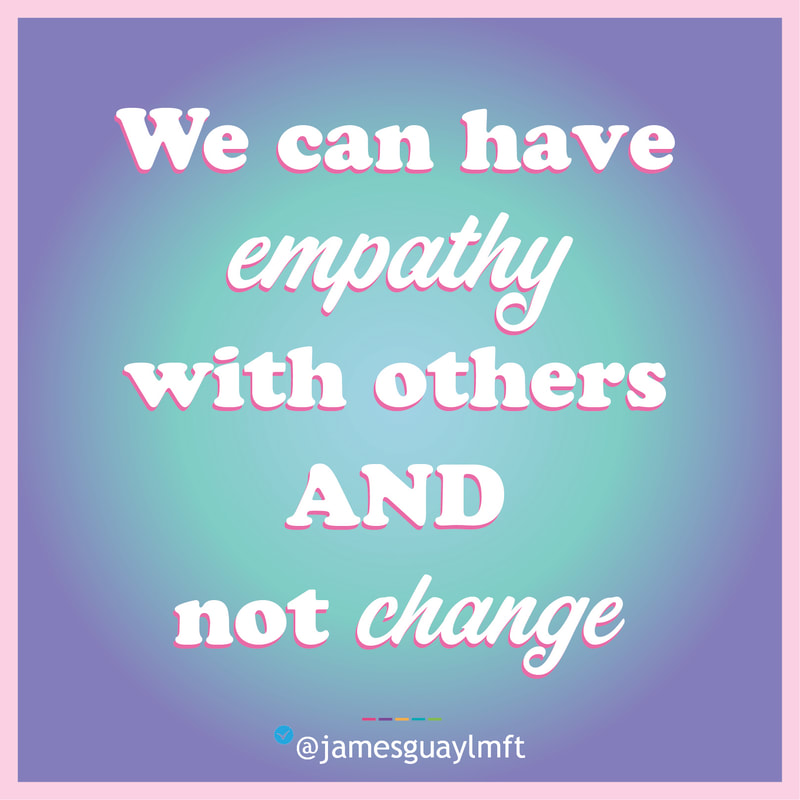
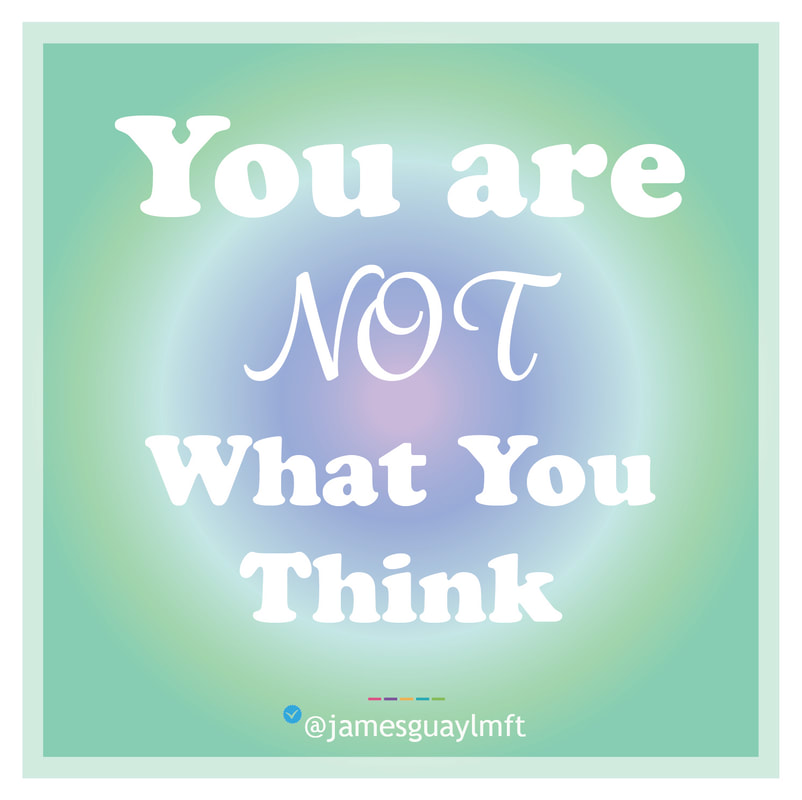
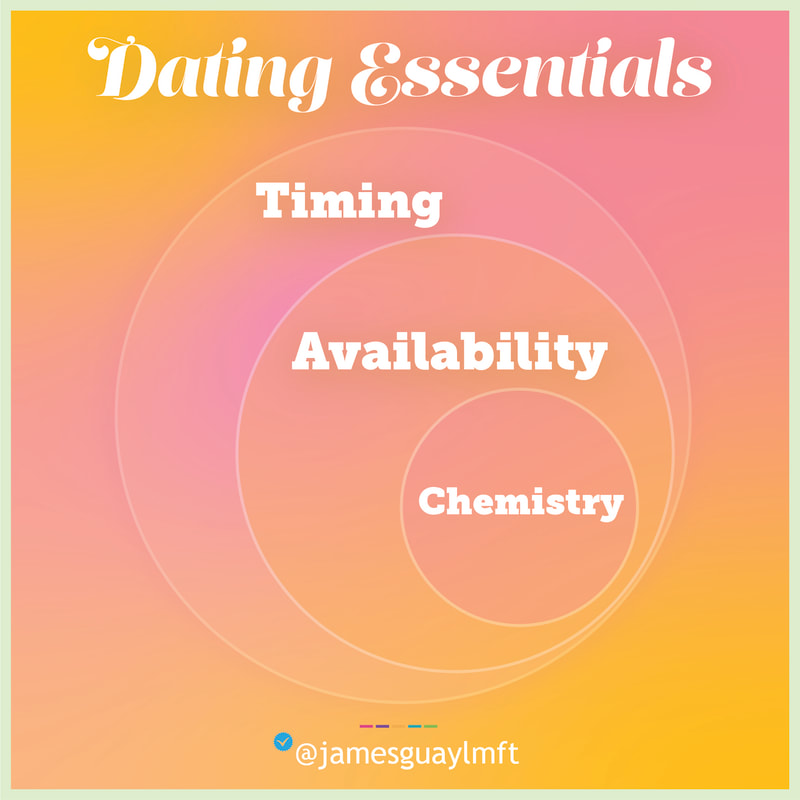
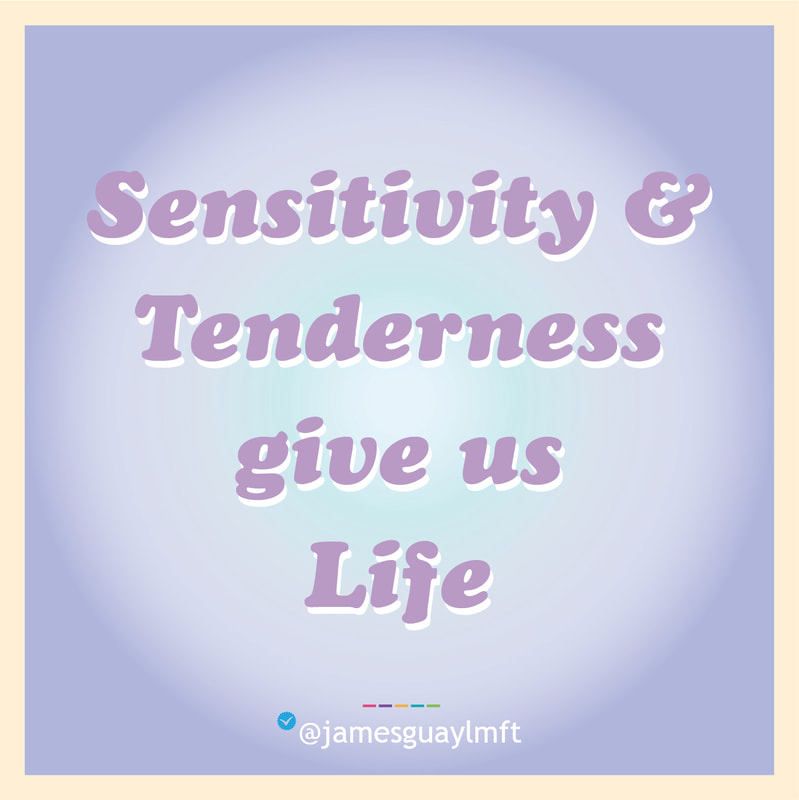
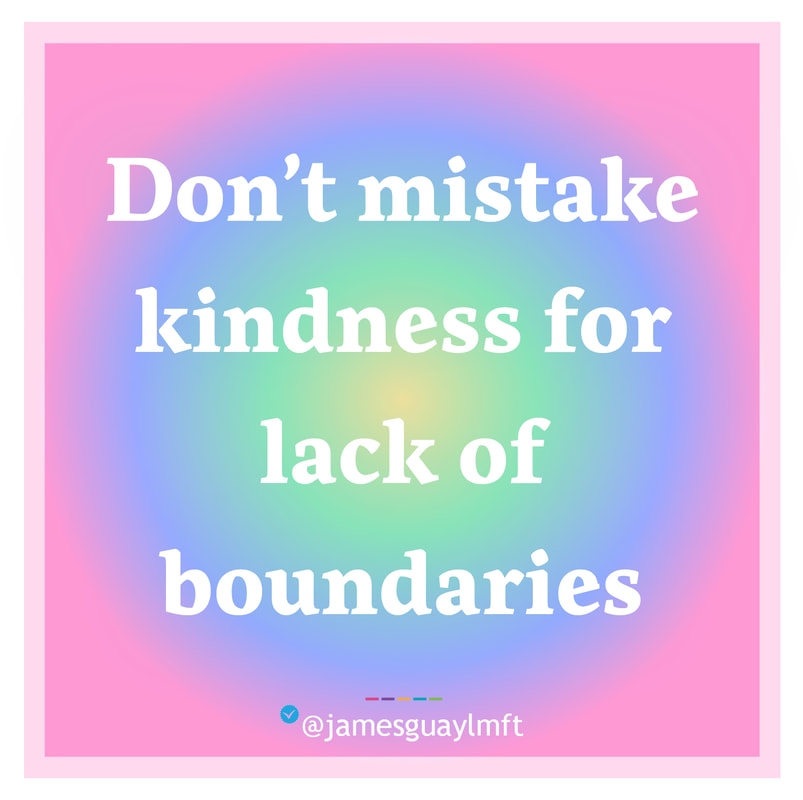
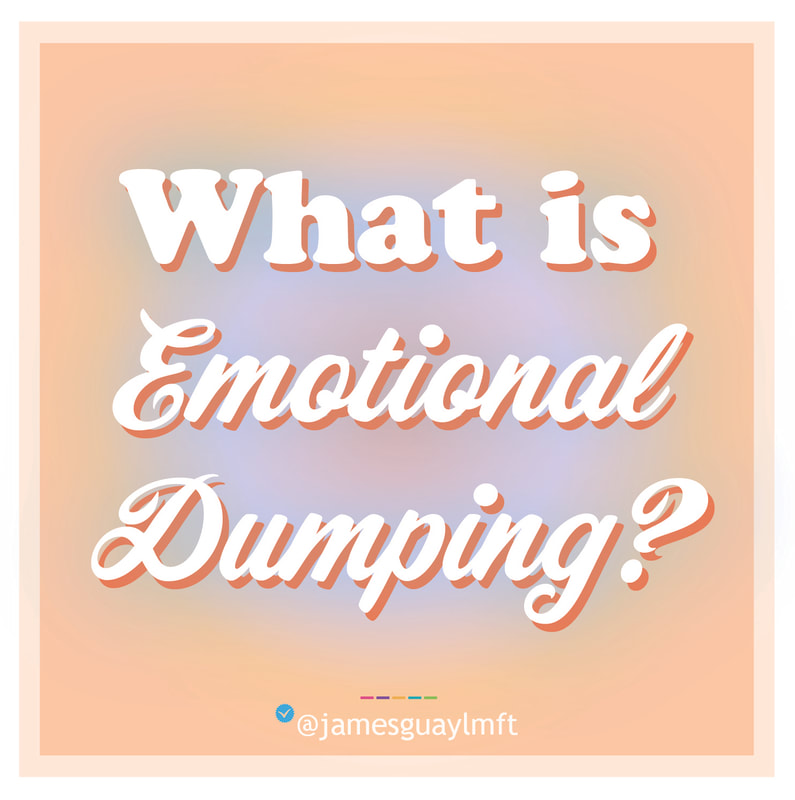
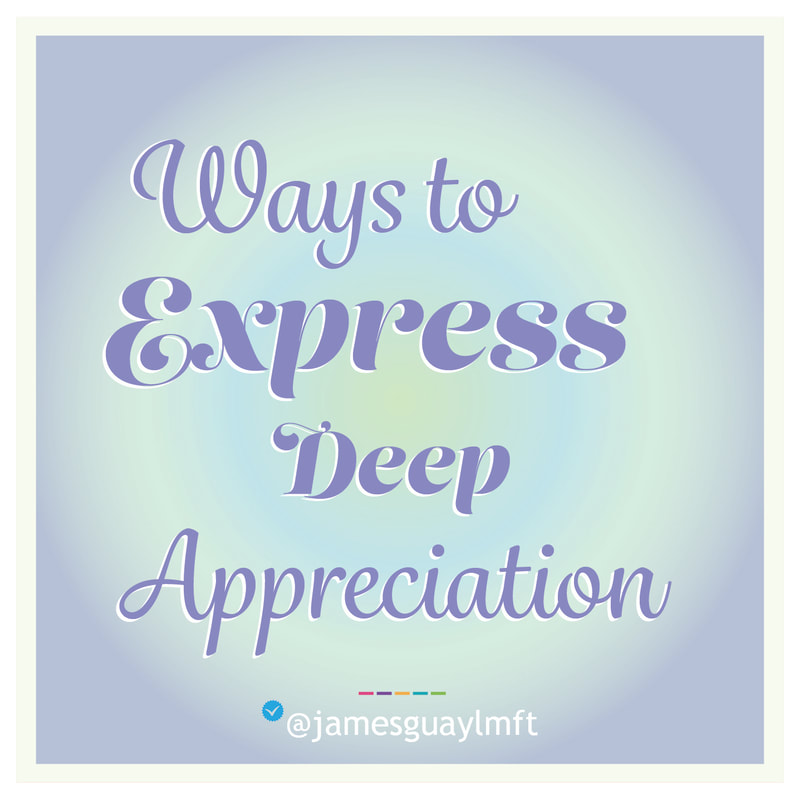
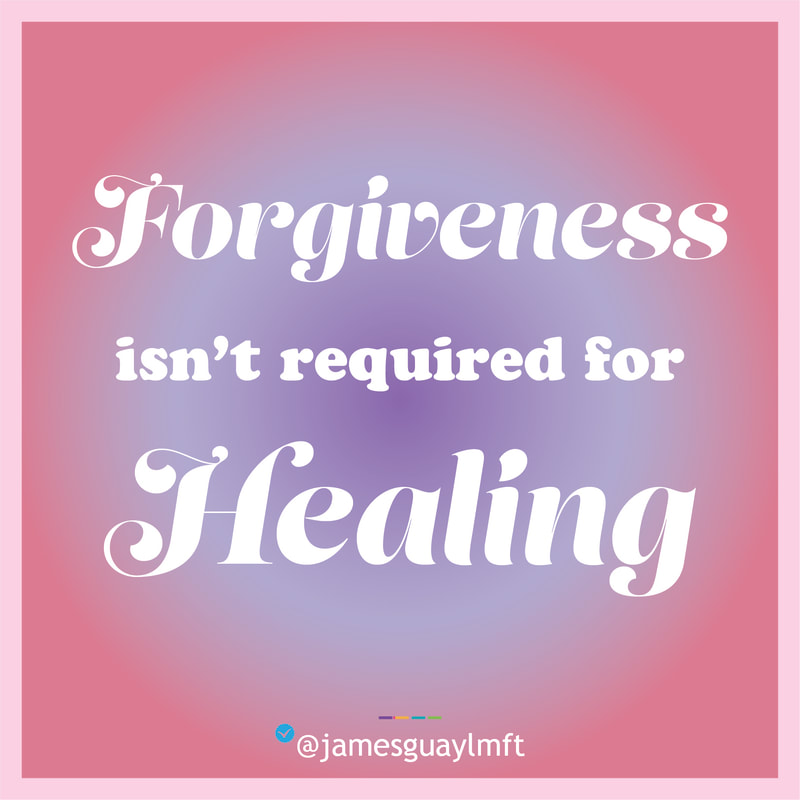
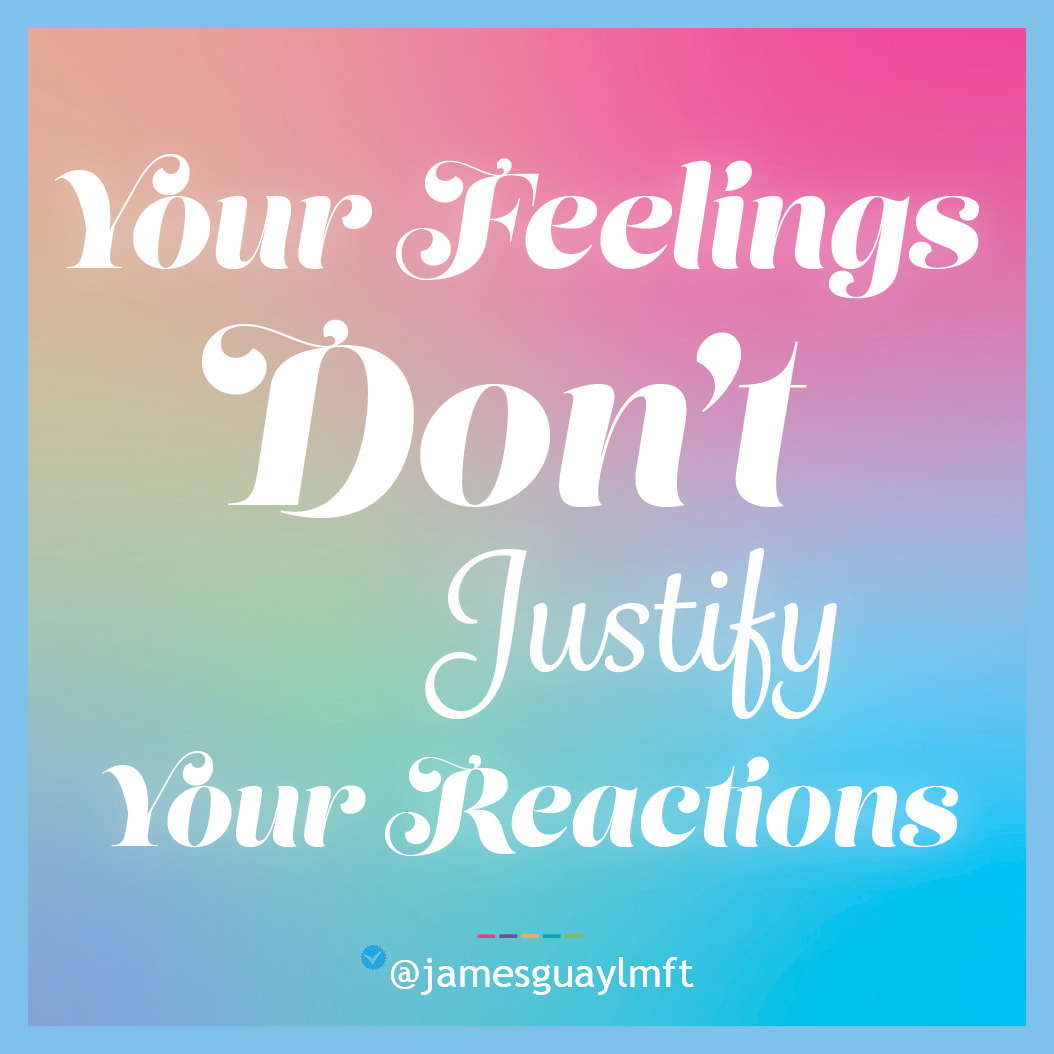
 RSS Feed
RSS Feed